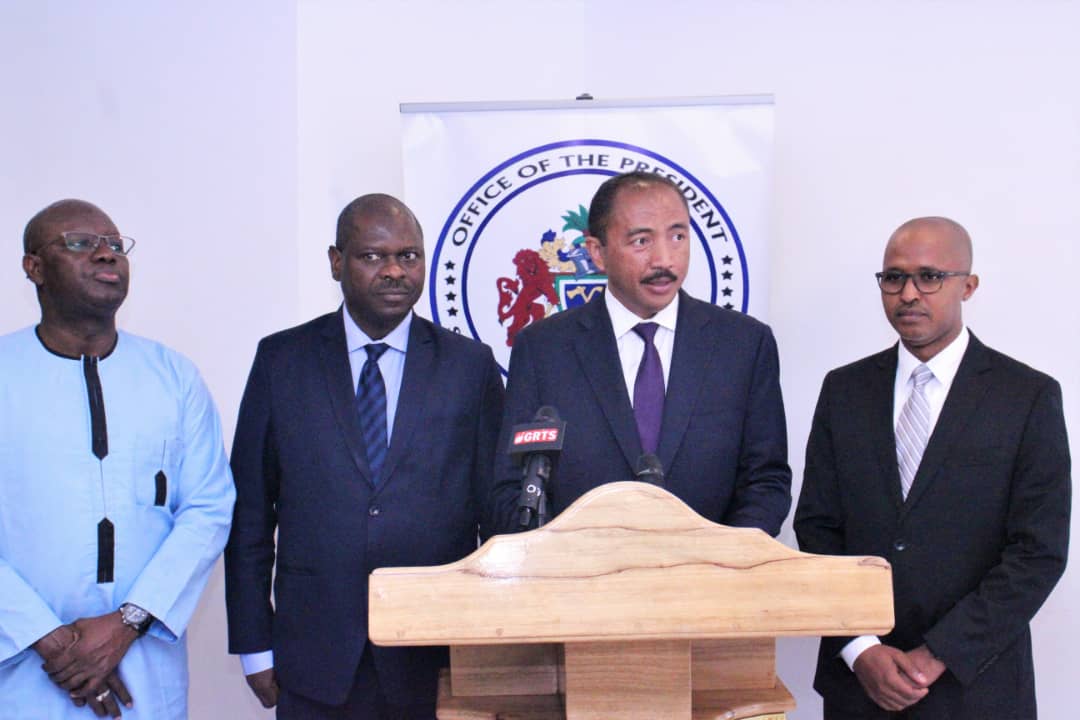By Haruna Kuyateh
As part of promoting youth’s participation in agriculture German based NGO Sabab Lou Foundation through Rural Development Organization RDO are intensifying efforts to boost youth’s participation in skills development in agriculture.
Holistic Agribusiness Solutions training at Balingho Agricultural Training Centre was established two years ago to help curb irregular migration and skills development among youths and women.
The manager of Balingho Agricultural Training Centre is implementing Holistic Agribusiness as a Solutions to youths’ development and empowerment to skills development.
Momodou Bah was speaking to The Voice newspaper at Balingho recently noted the since the establishment of training centre 2 years continue to provide training for youths and women on integrated Agriculture.
The centre was supported by Sabab Lou Foundation of Germany and according to the Manager the centre, 4 staff of Gambia Prison Services are undergoing two years intensive training programs. He disclosed that partners in Germany will soon construct 64cubics cold storage facility at the centre to promote value addition on vegetables and a state of art food processing centre was installed and student have commenced production.
However, the donor partners would support the community of Balingho with standard Vegetable garden in fulfilment of promised to the villagers at the start of the project to create income.
A Community water project will be launch to address water shortage and whilst feasibility study are ongoing to construct aquaculture at the centre. Students are exposed to use of greenhouse farming as it is favourable to vegetables during rainy and dry season.
Ousman S Bah and Bintou Tamba of Gambia Prison Services who are undergoing two training on Agriculture, described the centre, as centre of excellence noting that as it has transformed lives and livelihood.
The duos thanks Gambia Prision Service high command for attaching great important staff development, noting that the skills learn would help to boost food production and productivity.
Ismaila Colley, a trainer expressed satisfaction on performance of students, noting that capacity development and empowerment would contribute to adoption of best agronomic practices. The students were trained on Horticulture, animals’ husbandry, pomiculture, food processing and entrepreneurship modules special edition digital entrepreneurship model among others.



